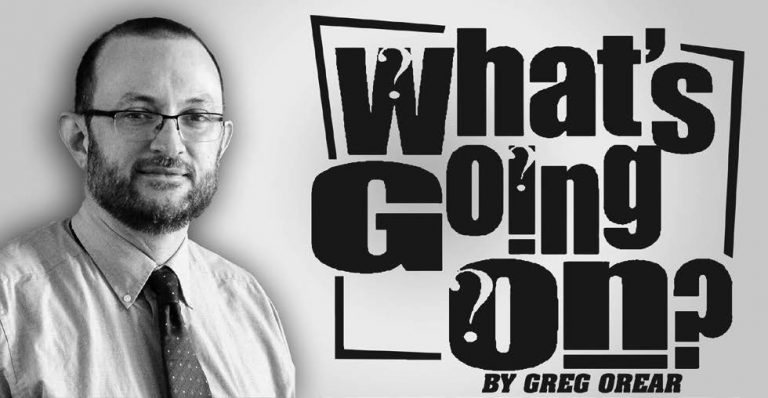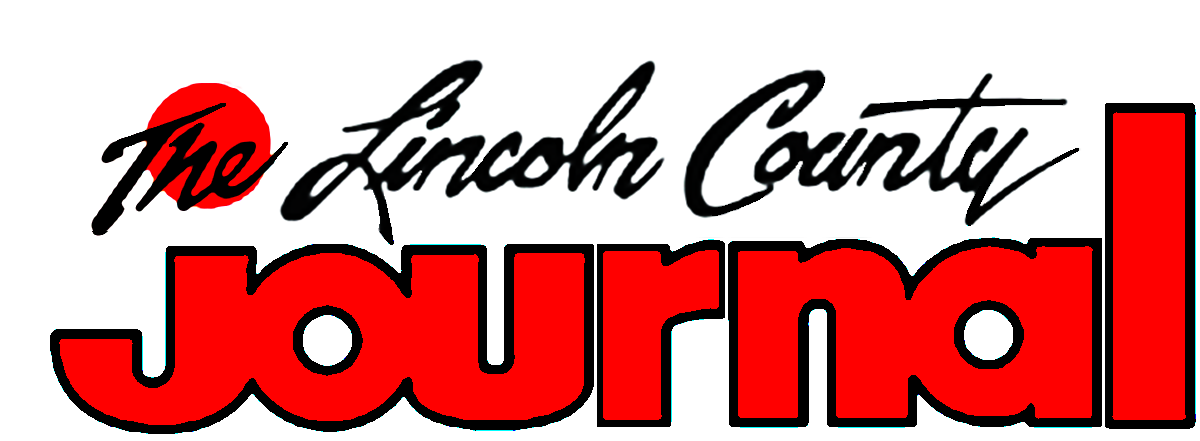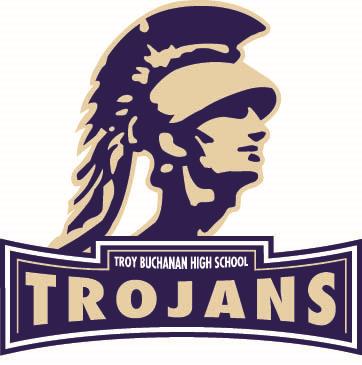Betting on a Not So Sure Thing

It sounded like a sure thing.
A friend offered me a friendly wager on the outcome of a local ballot issue: the Moscow Mills Use Tax.
“A bottle of wine” he said “that the tax passes.”
While I do like the rare glass of red wine, I’m even less a gambler than a drinker, but in the spirit of camaraderie, and competition, I accepted the bet.
Plus, remember, it seemed like … a sure thing, and who doesn’t like a sure thing?
While I wasn’t here when it happened, I remember writing a story about Moscow Mills voter rejecting a use tax proposal not once, but twice. And both votes featured similar lopsided results, about 63-37 percent against.
That’s not even close by my book.
So here we are, just three years later, with inflation up to our eyeballs and 732 other tax issues on the ballot, and all of a sudden, it’s going to pass?
No way.
No how.
That’s the definition of a sure thing.
Then Tuesday night, my fermented grapes turned sour as voters not only approved it, but by an equally overwhelming and ironic margin of 63-37 percent.
In other words, during a terrible time in terms of the economy and other ballot issues, proponents of the use tax managed to literally turn the tables in terms of results.
I have to admit, I’m equally stunned as I am impressed.
And according to a story on the front page of today’s Journal, it was more than just blind luck at work.
City officials worked hard to promote the tax, which will generate an undetermined amount of revenue which will help improve the city’s infrastructure and hopefully allow for the hiring of additional police officers.
I’ve also been a major supporter of the use tax, which levies the same sales tax on items purchased online as in-town merchants have to charge. Without a use tax, online vendors essentially can sell their goods at a discount rate over the local, hometown guy/gal who’s actually contributing to the local economy.
The most entertaining part though of Moscow Mills use tax campaign is the dog-and-pony show regarding its promotion.
You see, government entities, whether Moscow Mills, or the Troy school district, or the Lincoln County Sheriff’s Department, are technically prohibited from telling voters to support a use tax, or bond issue, or sales tax.
They can “educate” voters about the measure but they can’t actually “promote” it.
(Nudge-nudge, wink-wink.)
If that sounds ridiculous, it’s because it is. Of course Moscow Mills aldermen were promoting the use tax when they went door-to-door, just like Sheriff Rick Harrell did when he got teary-eyed about the safety of his deputies at the Meet the Candidate event. The officials who decided to place the tax proposal on the ballot did so (hopefully) after considerable study and discussion, and as such, are uniquely qualified to discuss its strengths and weaknesses and yes, promote it.
Obviously, they think it’s a good idea, or they would have it placed on the ballot. So why not them openly explain why they think that?
But who are we kidding. As mentioned, they already are discussing those strengths and weaknesses while promoting a tax proposal, as well as they should be.
And congratulations to Moscow Mills for executing an effective campaign strategy. You might be expecting a call from Sheriff Harrell. He might want some tips in case he wants to take a third shot at a sales tax.
Regardless, obviously your technique worked and your campaign was brilliantly executed.
Even if officially speaking, all you did was educate.
(Nudge-nudge, wink-wink.)
Gregory Orear is the General Manager and Editor of the Lincoln County Journal, Elsberry Democrat and Troy Free Press. He believes a nod is as good as a wink in Moscow Mills and pretty much everywhere else and he can be contacted at gorear@cherryroad.com.


